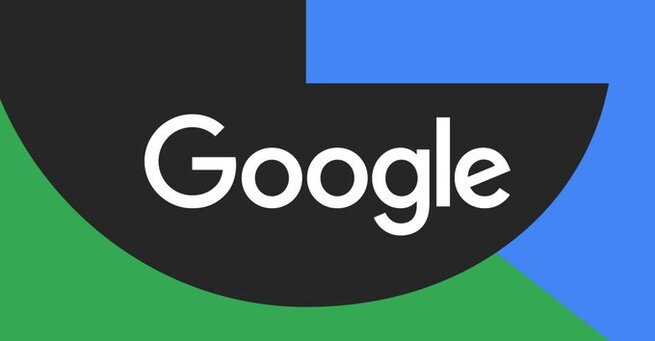Alerts

Anti-diversity activist Robby Starbuck is suing Google now, claiming the company’s AI search tools falsely connected him to sexual assault allegations and white nationalist Richard Spencer. Starbuck argues that Google’s AI-generated results defamed him, continuing what he describes as a pattern of “politically motivated misinformation” by major tech firms.
This lawsuit marks Starbuck’s second major clash with a tech giant over AI-generated content. Earlier this year, he filed a similar suit against Meta, alleging its AI chatbot falsely claimed he participated in the January 6th Capitol attack and had been arrested. That case ended in a surprising settlement when Meta brought Starbuck on board as an advisor to address “ideological and political bias” in its AI systems.
A Google spokesperson, José Castañeda, told The Verge the company will “review the complaint when we receive it.” Castañeda added that the alleged statements stem from Bard’s AI hallucinations, an issue Google says it addressed back in 2023. “Hallucinations are a known challenge across all large language models,” he said, emphasizing that while Google continues to improve accuracy, “any AI system can produce misleading content under certain prompts.”
Starbuck’s defamation suit adds pressure to ongoing debates about AI accountability and misinformation. As AI-generated search results and summaries become more common, critics argue that companies like Google must take greater responsibility for inaccuracies — especially when those errors impact reputations. Legal experts suggest that cases like this could shape how future AI-related defamation suits are handled.
The lawsuit also reflects a growing political divide around AI and free speech. Starbuck, known for his campaigns opposing corporate diversity programs, has built a following criticizing perceived ideological bias in Silicon Valley. His actions tap into a broader narrative among conservative groups that accuse major tech firms of suppressing or misrepresenting their viewpoints.
Following Starbuck’s settlement, Meta reportedly expanded its advisory board with other right-leaning figures to counter claims of political bias in its AI systems. Observers say Google could face similar pressure if this case gains traction, potentially prompting more companies to proactively hire advisors across the political spectrum.
While the full details of Starbuck’s Meta settlement remain private, his lawsuit against Google may set an important precedent for how AI “hallucinations” are treated in court. If successful, it could force major tech companies to reexamine their liability for AI-generated misinformation.
For now, Robby Starbuck’s lawsuit against Google underscores the growing tension between free expression, AI innovation, and reputational harm in the digital age — a conflict that is likely far from over.
𝗦𝗲𝗺𝗮𝘀𝗼𝗰𝗶𝗮𝗹 𝗶𝘀 𝘄𝗵𝗲𝗿𝗲 𝗿𝗲𝗮𝗹 𝗽𝗲𝗼𝗽𝗹𝗲 𝗰𝗼𝗻𝗻𝗲𝗰𝘁, 𝗴𝗿𝗼𝘄, 𝗮𝗻𝗱 𝗯𝗲𝗹𝗼𝗻𝗴. We’re more than just a social platform — from jobs and blogs to events and daily chats, we bring people and ideas together in one simple, meaningful space.